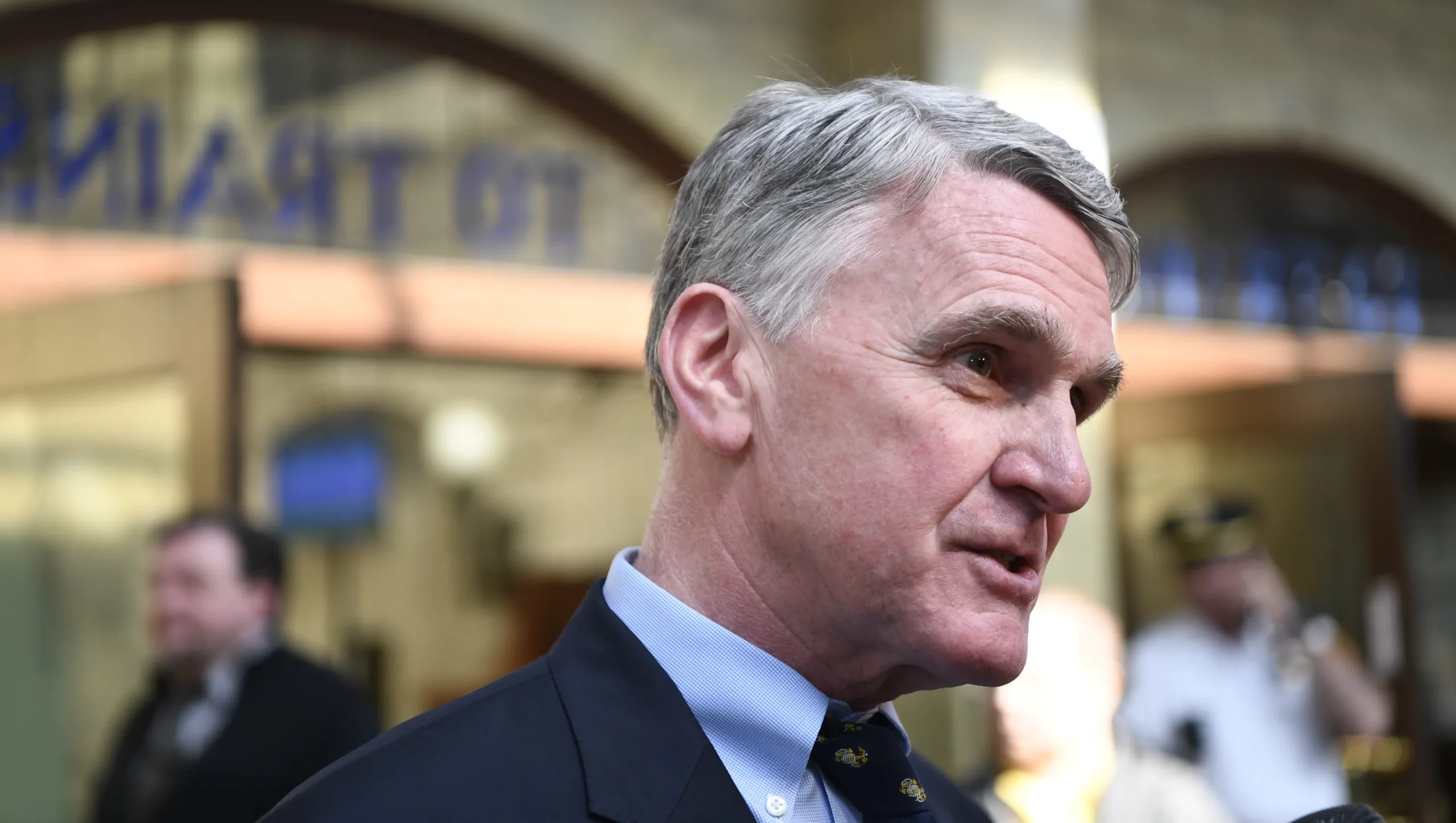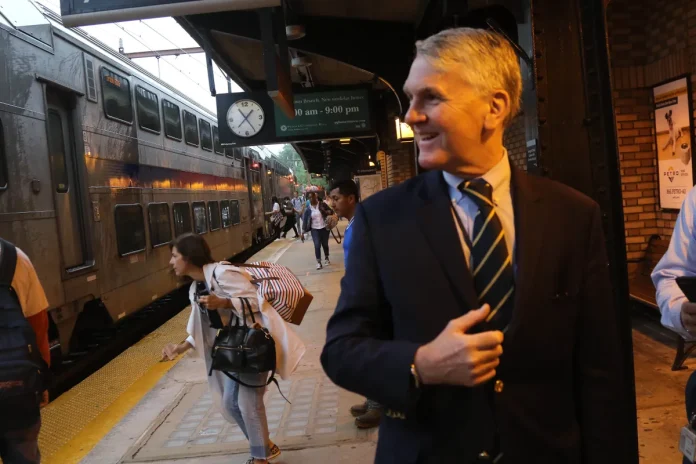The head of NJ Transit, Kevin Corbett, has taken a firm stance against the recent wave of severe train delays affecting commuters into and out of New York Penn Station.
These disruptions, exacerbated by a scorching heat wave, have left passengers stranded and frustrated multiple times this week. Amidst the chaos, NJ Transit and Amtrak have engaged in a blame game, each pointing fingers at the other for infrastructure failures and operational issues.
Corbett emphasized the priority of customer experience, stating that commuters simply want reliable transportation regardless of which agency is at fault.
NJ Transit heavily relies on Amtrak’s Northeast Corridor tracks, with a significant portion of its services traversing these routes. Issues cited include NJ Transit’s pantographs getting entangled in Amtrak’s overhead wires, leading to service interruptions.
Amtrak, on its part, acknowledged the disruptions and attributed them to a combination of factors, including equipment failures and external incidents like brush fires near the tracks.

Amtrak’s President, Roger Harris, expressed regret over the service breakdowns and announced collaborative efforts with NJ Transit to identify and address the root causes of these issues.
The heart of the problem, according to Corbett, lies in aging infrastructure along the critical Newark-to-New York stretch owned by Amtrak. He highlighted the urgent need for infrastructure investments, citing ongoing projects like the Gateway Tunnel as crucial for long-term solutions.
However, the completion of such projects remains years away, leaving NJ Transit and Amtrak to seek interim fixes to mitigate service disruptions.
Tom Wright of the Regional Planning Association underscored the systemic issue of underinvestment in the region’s transportation infrastructure, exacerbated by past decisions such as the cancellation of the ARC Tunnel project.
He warned that the system’s vulnerabilities, exposed by recent heatwaves and potential future storms, threaten the reliability of rail services for millions of commuters.
Despite recent pledges from both agencies to improve communication and coordination, ongoing service problems persist. Governor Murphy has criticized the situation as unacceptable and proposed financial measures to stabilize NJ Transit’s budget, which faces a significant deficit.
As stakeholders continue to grapple with immediate challenges, the broader issue of securing sustainable funding for infrastructure upgrades remains unresolved, leaving commuters uncertain about the reliability of their daily journeys.


